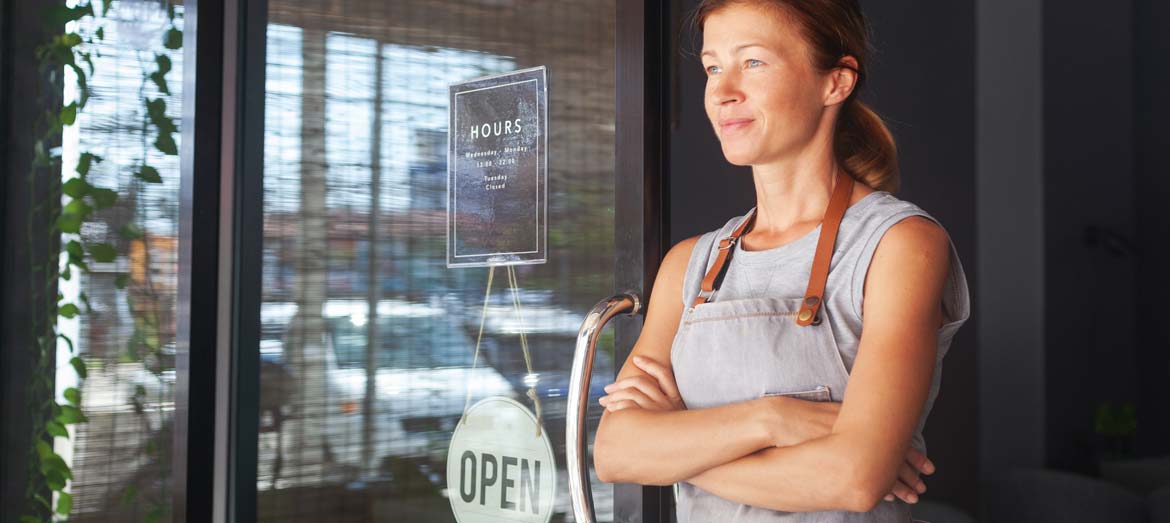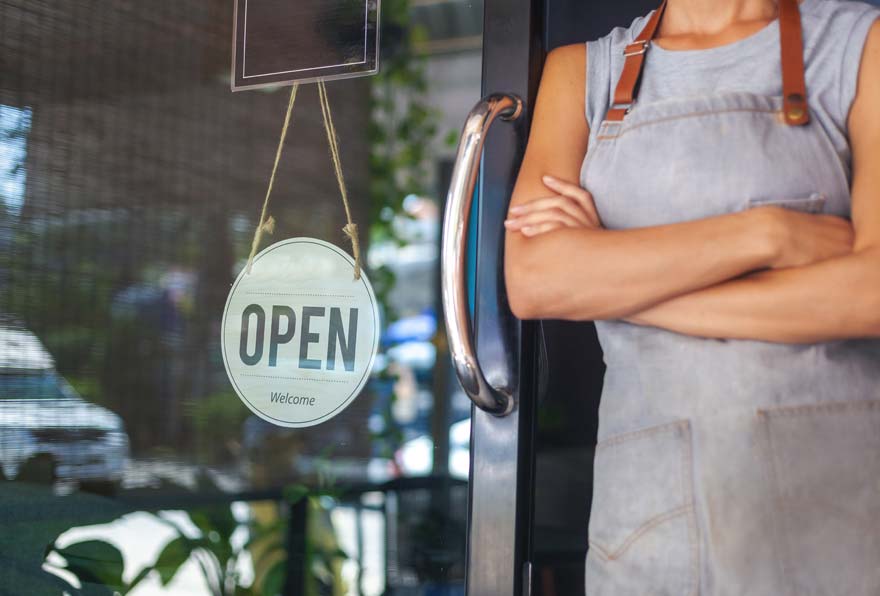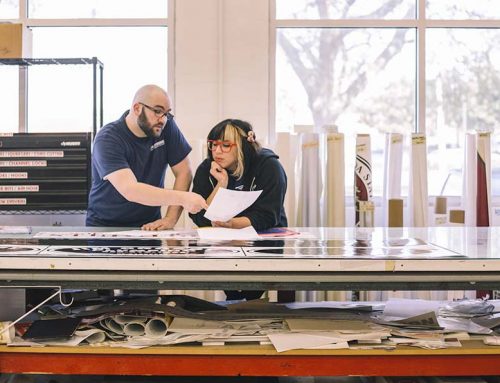Small businesses have many decisions to make, especially about the commercial property where they plan to operate.
Whether a store, restaurant, gas station, medical office, or something else, there’s one very important question business owners must ask about how they’ll acquire their commercial property:
“Own, or lease?”
Commercial real estate ownership is a great investment. However, it takes time, research, and planning to do it right. It’s more complex than buying a home. If done correctly, though, it can build equity, make expenses more predictable, and even provide tax advantages.
What’s more, owning a commercial property affords much more control over the space than leasing. This may be one of the biggest advantages for small business owners who know how to best leverage that control.
Every business is different, so owning may not be right for each one. For many, however, it’s the better option.

Which small businesses benefit from owning commercial property?
There are some small businesses which are in an especially good position for commercial property ownership:
Small businesses seeking property flexibility. When you own a property, it can easily be converted (within zoning restrictions) if the needs of a business evolve. A growing business’ storefront may become office space if a better storefront location becomes available. If remote work becomes a viable option for team members, that office may then become storage. When leasing a property, these conversions must be negotiated, if allowed at all.
Small businesses interested in having tenants. If a small business owner is willing to manage leasing unused space to tenants, the added revenue can help cover costs associated with owning and maintaining the property.
Handy businesses. A small business able to perform some maintenance and upkeep, rather than hiring or contracting that work out, is also in a good place to consider buying. A plumbing business, for example, will likely never have to hire someone to work on plumbing issues in the building. That’s a big cost-saver that would be a part of rent or fees if leasing commercial property.
Small businesses at least 3 years old. If your business is at least three years old, will occupy at least 51% of the building, and you have a credit score above 675, you might be able to benefit from SBA financing. This can be another helpful cost-saver for property owners.
Businesses in it for the long haul. Buying a location is an especially good choice if you plan to keep running your business on the property long-term. If you expect your business to be around ten years from now, buying may be for you.

Advantages Of Owning Vs Leasing Small Business Commercial Property PRC Commercial Real Estate Loans
There are a number of advantages to owning rather than leasing a commercial property as a small business. Some of the biggest are:
Fixed Cost. Commercial property owners have the right to raise rent and fees on their tenants. The amount they can raise rent, and how often, is determined by laws. When a small business owns their property, however, the mortgage is a fixed expense month after month, year after year. This means that as a business grows, the cost of the property has less impact—and negligible impact once paid off completely!
Tax Breaks. With the help of an accountant, owning commercial property can result in various tax breaks. The costs of owning and running a small business are recognizable deductions. Mortgage interest and property taxes could be lowered due to your hard work.
When calculating tax payments, your accountant will look at interest and depreciation expenses, as well as non-mortgage related expenses to get you as many breaks as possible.
Equity & Appreciation. As with home ownership, owning provides the benefits of equity and appreciation which leasing lacks. If you ever sell or refinance your property after making timely loan payments, and the property has gone up in value, you will make a gain. Owning also adds to your business’ overall worth. When you lease, you have no equity, and cannot sell or refinance the property for a gain.
More Control. Want to renovate? Planning on holding a potentially large event? When you own a commercial property, there’s no need to worry about a negotiation process around these and other decisions: just do it! Decisions about signage, business affiliations, or outdoor seating also become much more simplified. The only limit is applicable laws, which affect leased properties as well!
Owning a property means having complete ownership over its appearance. Depending on zoning laws, business owners can tear down and completely rebuild an owned property if desired.
While that’s a big undertaking, smaller steps can be taken to enhance business operations through property improvement. Tailor the space to reflect your values, maintain it well, and earn recognition as a business that takes pride in its appearance and functionality. Keeping the property well-maintained also does wonders for strengthening your investment.

Making the Right Choice for Your Small Business
Of course, making any decision as important as commercial property ownership demands much consideration. Location, parking, zoning, property type, and risk tolerance are all very important factors to think about before making a purchase. You’ll want an accountant, lawyer, mortgage broker, and commercial broker. A well-informed commercial real estate partner can not only help ensure that small business property ownership is right for you, but also smooth over the complex process.





CONNECT